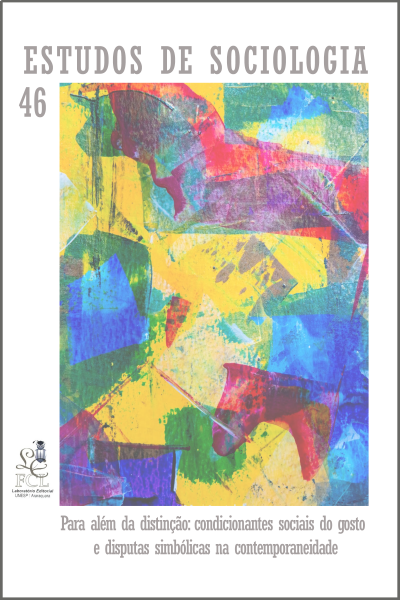Social sciences: between evaluation and relevance
DOI:
https://doi.org/10.52780/res.12345Keywords:
Autonomy, Social sciences, Evaluation system, Scientometry,Abstract
The post-graduation evaluation system implemented in Brazil ensured that scientific research undertaken in Brazilian public universities remained resistant to the threats they frequently suffer. However, the more hegemonic the system became, the more researchers turned the rules into the very notion of scientific relevance, reducing the capacity of social science to influence other fields of knowledge. This work analyses this process and notices how it leads, paradoxically, to the loss of autonomy in the social sciences field due to the importance of the media and the strong demand for more utilitarian research. As a conclusion, it defends the autonomy of the field of social sciences and the public university but by other means, which reallocates their capacity to act in the world, distorting the fields of order.
Downloads
Downloads
Published
How to Cite
Issue
Section
License

À revista Estudos de Sociologia ficam reservados os direitos autorais pertinentes a todos os artigos nela publicados.
Os artigos publicados e as referências citadas na revista Estudos de Sociologia são de inteira responsabilidade de seus autores.
A Estudos de Socilogia utiliza a licença https://creativecommons.org/licenses/by/4.0/ (CC BY), que permite o compartilhamento do artigo com o reconhecimento da autoria.



